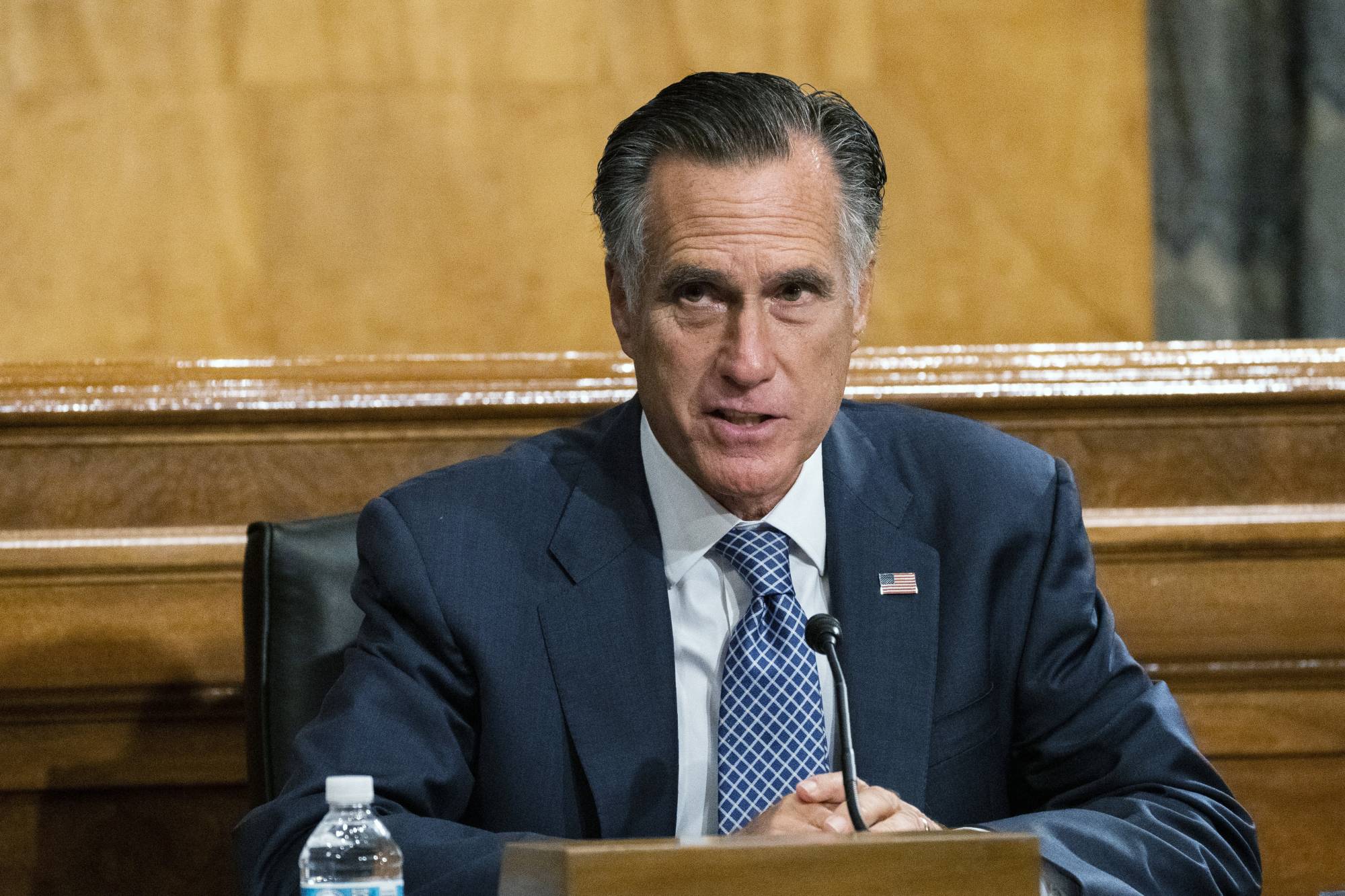- The two top leaders on the House Homeland Security Committee want to put Microsoft on the hot seat about its cybersecurity practices. Committee Chairman Mark Green (R-Tenn.) and Ranking Member Bennie Thompson (D-Texas) wrote to Brad Smith, the vice chairman and president of Microsoft, asking him to testify on May 22. The committee is planning a hearing about the Homeland Security Department Cyber Safety Review Board’s (CSRB) recent report on the Redmond, Washington company's cybersecurity practices. The CSRB report found Microsoft has repeatedly failed to prevent substantial cyber intrusions, causing grave implications for the security and integrity of U.S. government data, networks and information.
- The Navy is paying big money to keep its pilots from flying the coop. Officers selected to serve as aviation department heads are eligible to receive up to $280,000 depending on how long they decide to stay on active duty. Officers who submit a five- or seven-year contract prior to the publishing of Aviation Department Head Screen Board results will receive the largest bonuses. Pilots are also able to commit to a three-year contract. The service is also offering extra money to be stationed in Japan and Guam.
- The numbers are in for 2023 about the U.S. Digital Service's impact on agencies. There have been 49 engagements, 10 major projects and hundreds of millions of dollars in savings. Those are some of the raw numbers that help show the impact of the USDS over the last year. In its 2023 annual report, USDS detailed some of its biggest and most significant projects, including increasing the satisfaction of the Social Security Administration's website by 53%, and applying human-centered design principles to an interagency life experience research team to connect new parents to federal benefits. USDS is also celebrating its 10th anniversary and has worked with 31 agencies over the last decade.
- The federal retirement claims inventory is at its lowest level for 2024. The low for this year so far comes after the Office of Personnel Management’s inventory shrank a little more during the month of April. There are currently about 16,000 claims in OPM’s retirement processing center. Even though it is a low for 2024, it is still about 3,000 cases above OPM’s overall goal. The average processing time also slightly decreased since the beginning the year. In April, it was about 60 days for a given retirement claim.
- Starting in 2025, participants in the Federal Employees Health Benefits program will be able to contribute slightly more to their health savings accounts. The IRS announced the new HSA rates ahead of the upcoming plan year. For self-only FEHB plans, the new limit is $4,300, an increase of $150 over 2024’s rates. For family plans, enrollees can contribute up to $8,550 to their HSAs. That is $250 above this year’s rate. Participants have to be enrolled in a high-deductible health plan to qualify for an HSA. The new limits take effect January 1.
- Lawmakers are urging the Department of Veterans Affairs to set even tougher contract terms with the vendor of its electronic health record. Senate VA Committee Chairman Jon Tester (D-Mont.) is leading committee members Patty Murray (D-Wash.) and Sherrod Brown (D-Ohio) in a letter calling for “additional accountability and oversight provisions” in the contract with Oracle Health. The senators said VA must take all steps possible to ensure the agency is getting the services it purchased at a fair price and that Oracle Health is living up to its commitments.
- The U.S. Postal Service is taking advantage of the $3 billion it received from the Inflation Reduction Act to create one of the biggest electric vehicle fleets in the country. Postmaster General Louis DeJoy said USPS will receive 27,000 new vehicles this year — its biggest volume of new vehicles in more than 25 years. Of those vehicles, 10,000 will be electric. USPS is also planning to have 10,000 EV charging ports at 75 sites across the country by the end of the year. USPS expects to purchase more than 106,000 new vehicles over the next six to eight years, to replace aging vehicles still on the road. Of those vehicles, 62% of them will be electric.
- The Secretary of the Air Force said the performance of an F-16 controlled by artificial intelligence is nearly on par with an aircraft controlled by an experienced pilot. Last week, Air Force Secretary Frank Kendall boarded an F-16 operated by artificial intelligence. The F-16 was up against a pilot with about 3,000 hours of experience. Kendall said the skirmish between the two fighter jets was roughly even. The Air Force is also pursuing the collaborative combat aircraft program, or next-generation drones enabled by AI.
Copyright
© 2024 Federal News Network. All rights reserved. This website is not intended for users located within the European Economic Area.





